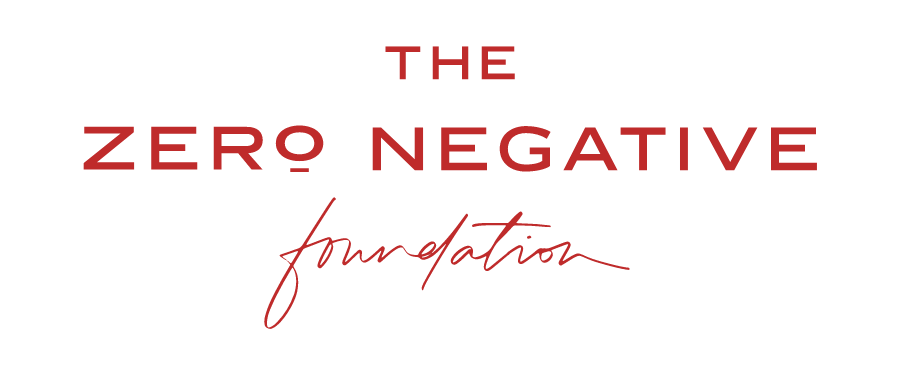Q’s to Ask an Oncologist
When looking for the right oncologist, it's crucial to ask questions that will help you understand their qualifications, experience, approach to treatment, and how well they can meet your needs. It’s essential to have complete trust in your oncologist, your team, and yourself. Sometimes all it takes is a gut feeling. Other times, it might take a couple of opinions to see how you connect with your doctor. Make sure you get at least two opinions—I had three, and it was my third appointment that was a game-changer for me.
Here are some questions you might consider asking when evaluating potential oncologists:
QUALIFICATIONS & EXPERIENCE
What are your qualifications and how long have you been practicing oncology?
Do you specialize in treating my specific type of cancer?
Can you provide information about your success rates with patients who have my type and stage of cancer?
Are you board-certified in oncology?
TREATMENT APPROACH
What treatment options are available for my type and stage of cancer?
What is your recommended treatment plan, and why?
Are there any clinical trials available that I should consider?
What are the potential side effects and risks of the proposed treatments?
COMMUNICATION & SUPPORT
How do you prefer to communicate with your patients? (e.g., in-person, phone, email)
How can I reach you or your team if I have questions or concerns between appointments?
Will I have access to a multidisciplinary team (e.g., nutritionists, social workers, physical therapists)?
Can you provide references or testimonials from other patients?
PRACTICAL CONSIDERATIONS
What are the costs associated with my treatment, and what is covered by my insurance?
What are the logistics of receiving treatment at your facility? (e.g., location, scheduling, parking)
How does your office handle second opinions and consultations with other specialists?
PERSONALIZED CARE
How do you tailor treatment plans to individual patients?
How do you support patients in managing side effects and maintaining quality of life during treatment?
What resources are available for emotional and mental health support?
BRCA gene… do you have it? What is necessary to do if I have it?
TRUST & COMFORT
What is your philosophy or approach to patient care?
How do you involve patients in decision-making about their treatment?
Do you have experience with complementary and integrative medicine approaches, if that's something I'm interested in?
Can you provide references or patients I can talk to who are doing well?
Remember, it’s important to feel comfortable and confident in your oncologist's abilities and approach. Trust your instincts, and don’t hesitate to seek second or even third opinions if necessary. Your comfort and trust in your medical team are crucial for your journey through treatment.
I hope this gives you some extra support and advice. This was the most overwhelming and scariest part of the whole journey. Trust that once a doctor and treatment plan is confirmed, the road ahead will still be scary, but at least you will be walking, step by step, towards the finish line.
For more support, Larry and I have a list of practical tips and checklists in our memoir, Everyone Needs a Larry. It’s a great guide to get through cancer, chemo, surgery, and marriage! Available in our shop or on Amazon.

